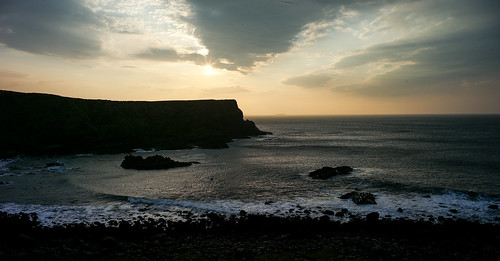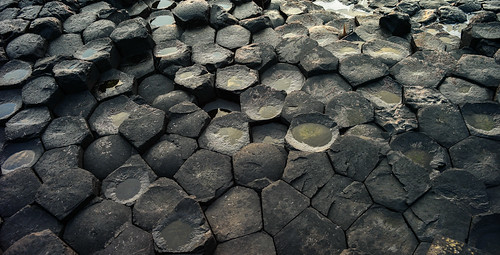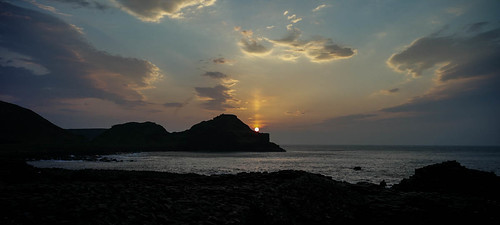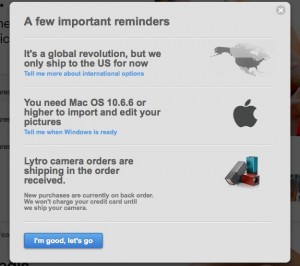This morning’s Observer column.
The Raspberry Pi project – a philanthropic effort to create the contemporary equivalent of the BBC Micro of yesteryear – has graduated from idealistic vapourware dreamed up in Cambridge to a finished, deliverable product manufactured in China. (In a nice touch, the Pi device comes in two flavours, Model A and Model B, just like the BBC machine, which was also designed in Cambridge.) Over the next few months, we’ll see container-loads of the little computer boards delivered to these shores. The time has come, therefore, to start thinking about how this astonishing breakthrough can be exploited in our schools.
Here are a few suggestions.
First, we need to jettison some baggage from the past. In particular, we have to accept that ICT has become a toxic brand in the context of British secondary schools…







